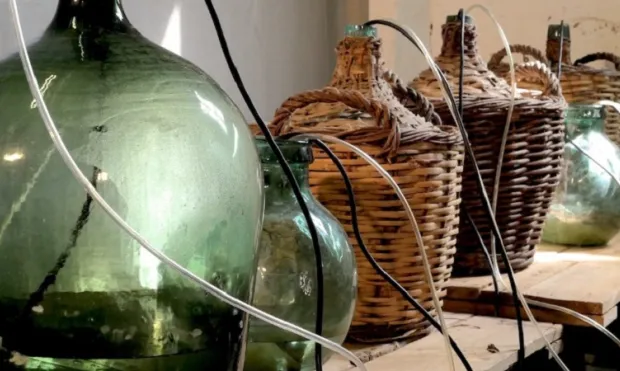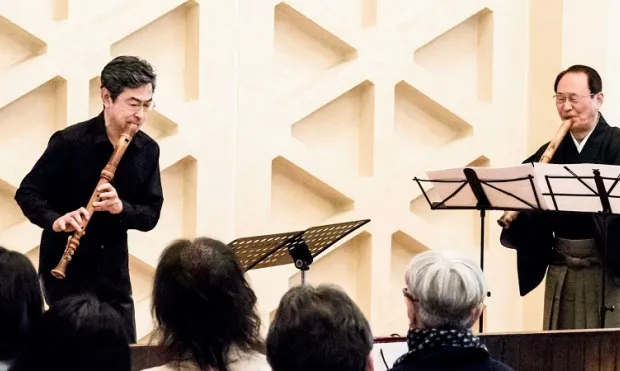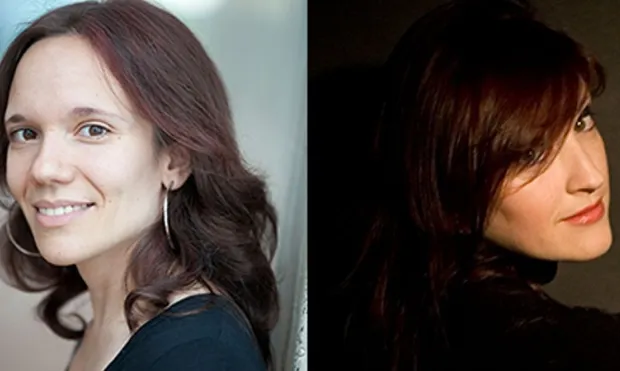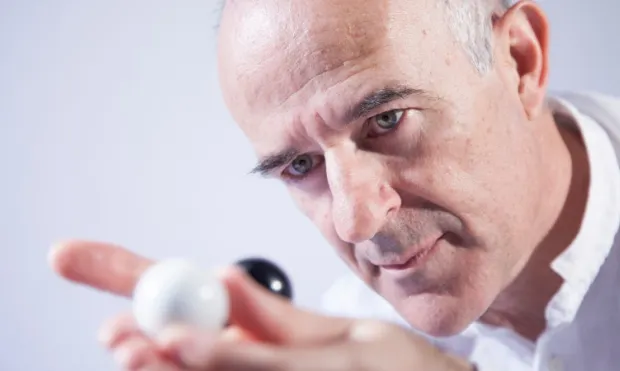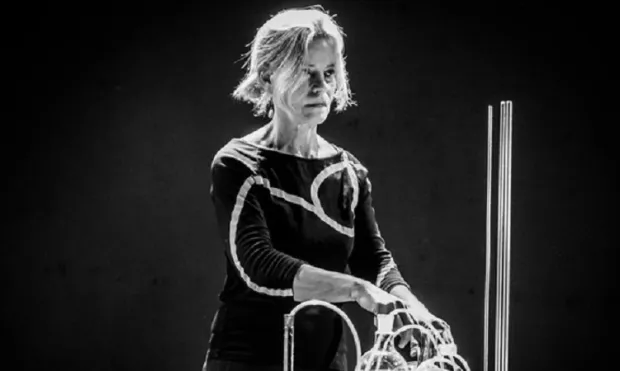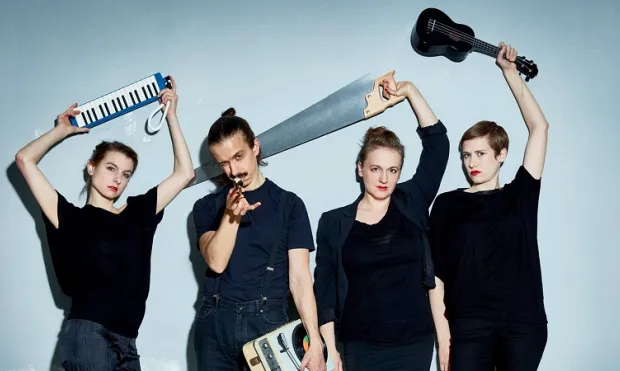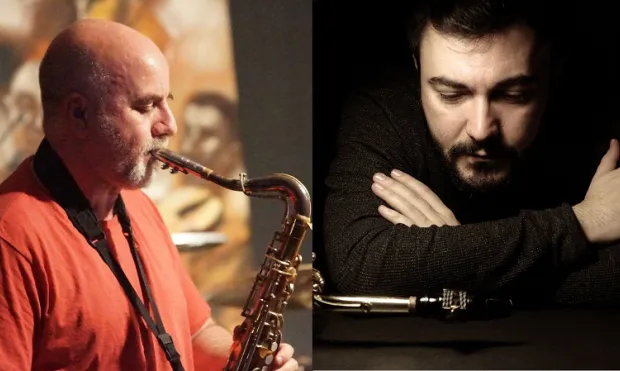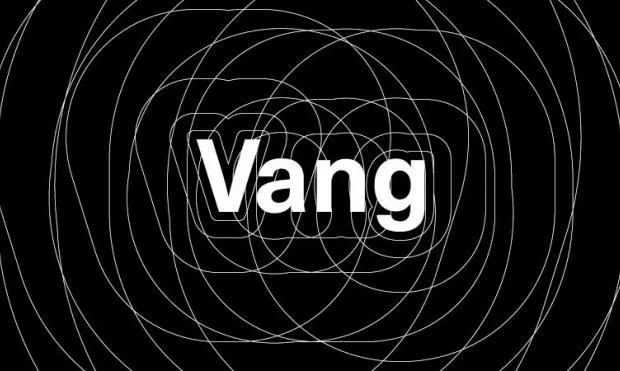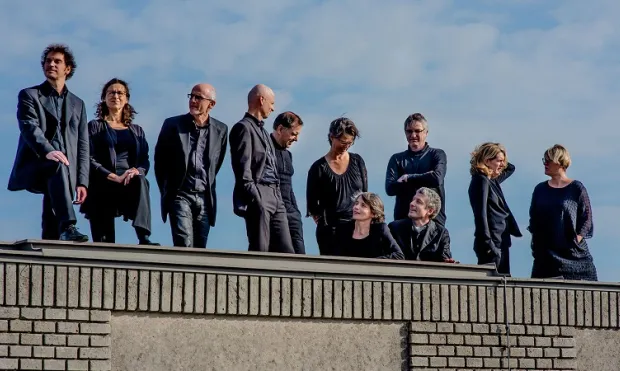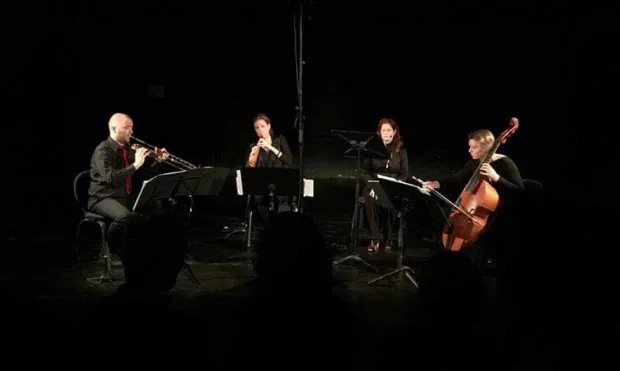VANG III. Músicas en vanguardia
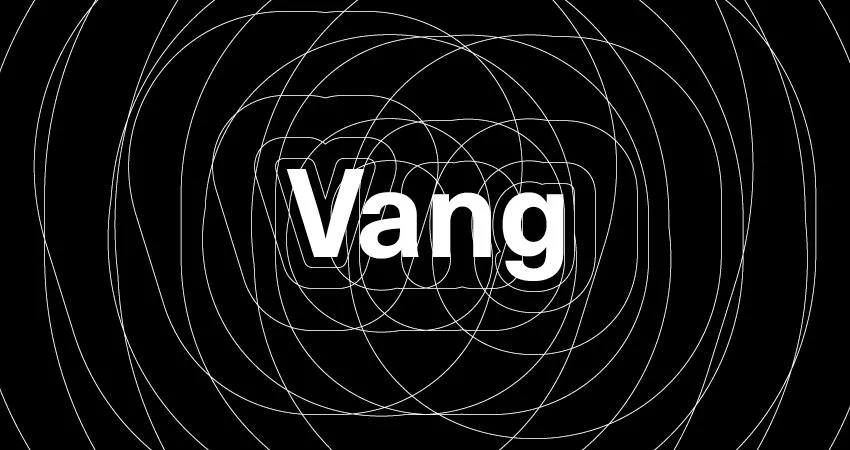
8 pm
Free entry
Vang III is a monthly cycle that focuses on the search for and exploration of new sound discourses. Vang III moves through contemporary music, free improvisation, sound art
or performance, through the present and the past, trying to welcome and propose different ways of sounding, listening or perceiving.
Vang III concentrates on two lines of action: objects and memory. “Object” derives from “ob” (above) and “iectus”, from “iacere” meaning to throw, hurl (eject)”. Normally, it is assumed that it is that something that is “put in front”, opposed to the subject, “thrown” into the world, and with which we have to deal. Traditionally, musical objects were means of expression of creative subjects. The object was not as interesting as the idea it conveyed. A violin was relevant insofar as it could more or less accurately express the ideas that the composer wanted to formulate through it. From the 20th century onwards, the sonic capacity of objects has acquired another dimension, beyond that of generating either musical or non-musical sounds. Pierre Schaeffer, one of the first theoreticians to reflect on such matters, spoke of the “language of things”. In his opinion, traditional linguistics –and with it music– has studied “sonic objects as carriers of abstract concepts”, based on the “permanence-variation duality”. However, attention to this “language of things” opened up a world of listening founded on indifference and impenetrability. An object that makes a sound does not have an anthropomorphic sonic form, rather it always sounds more like a question for the limits of human listening. The focus is on that which sounds, and not (only) on the ability to be the medium of conceptual content. The gradual conquest of the body, one of the achievements of thought since the 1970s, had also focused on human bodies. Artistic practices have gradually put the accent on other bodies. Objects, which articulate our everyday spaces and are –normally– treated with indifference, open other unthought-of interactions when this ordinariness is put on hold and they are given new meaning, without demanding that they carry a message, rather that they set matter vibrating.
Sound has and does not have time. It happens in, with, through, despite it. Time, which is an emotional, measured, dis-measured, anthropomorphic, mechanical and – t the very least– relative organisation, is experienced very differently in sound, where repetition, dilation, pause or interruption are possible, as opposed to in everyday life, where we cling to the linear and the causal (past, present, future). Sound, thus, belies the merely chronological organisation of life. There is not always an order in time. Nor a meaning. We might even say that sound proposes a new time that shakes up all that we derive from the chronological organisation of time, such as punctuality, the ordering and ranking of experiences (memories and expectations) –thus putting on hold the emotion associated with each form of hierarchy– or the supposed symmetry between moments. Specifically, in this edition of Vang III, fixed time, memory, or the possibility of fixing it, will be the protagonists. Sound, which has time at the same time as it loses it, allows us to think of legacy, the relationship with history, or memory as an absence or as a figure of a presence that has vanished. Theodor Reik pointed out that “the function of memory is to protect our impressions; reminiscence aims at their dissolution. Memory is essentially conservative and reminiscence, on the other hand, is destructive”. At the crossroads between conservation and destruction, we find sound. That’s where we’re going.
Curators: Alberto Bernal, Marina Hervás and Anna Margules
29.10.2019: Peter Bosch and Simone Simons
21.11.2019: Tosiya Suzuki and Tadashi Tajima
19.12.2019: Silvia Márquez and María Martinez Ayerza
23.01.2020: Ricardo Descalzo
20.02.2020: Hanna Hartman, Wade Matthews and Luz Prado
19.03.2020: Yuko Kakuta and Yukiko Sugawara CANCELED
23.04.2020: DieOrdnungDerDinge CANCELED
21.05.2020: Phace Ensemble and Peter Ablinger CANCELED
25.06.2020: Ensemble Komboï, Gabriel Santander CANCELED
8.10.2020: Pedro Pablo Cámara and Ricardo Tejero
29.10.2020: Silvia Naranjo and Neus Estarellas
3.12.2020: Phace Ensemble and Peter Ablinger CANCELED
17.12.2020: Ensemble Komboï, Gabriel Santander


